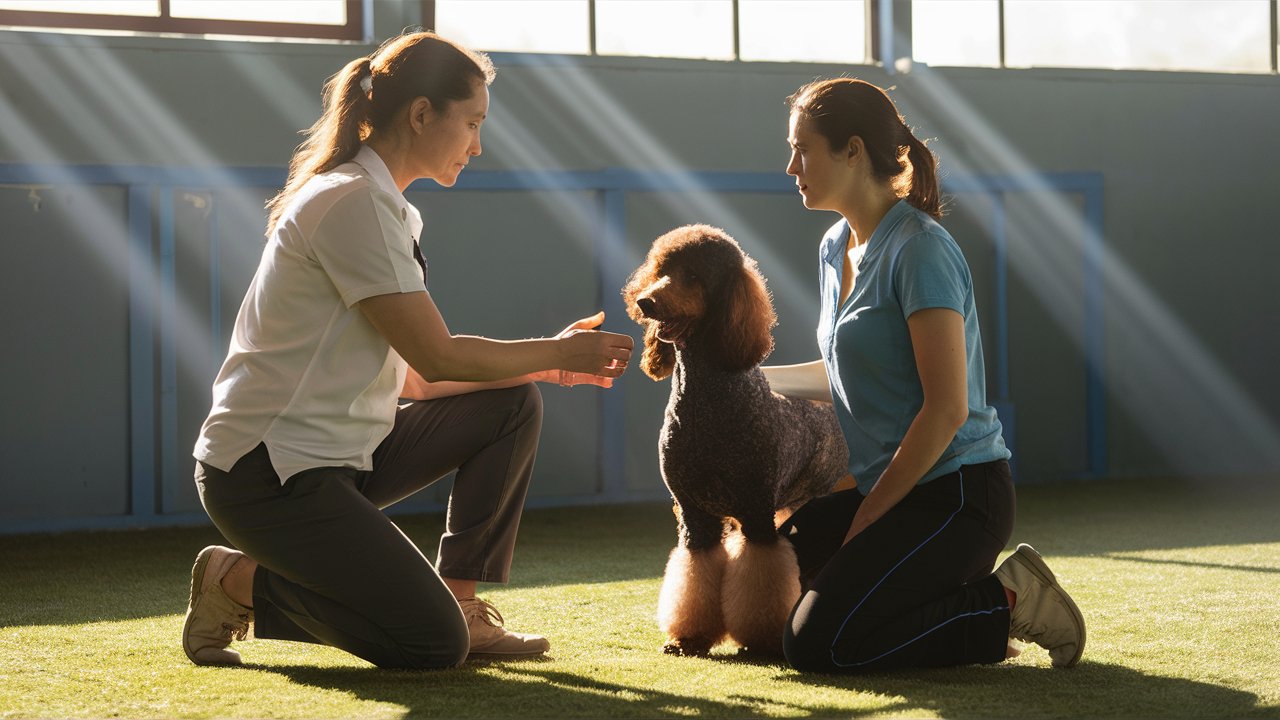10 Poodle Training Tips You Need To Know
Poodles are known for their intelligence, elegance, and playful nature. However, training them can be a bit challenging if you don’t know where to start.
Whether you have a Standard, Miniature, or Toy Poodle, these 10 training tips will help you build a strong, positive relationship with your furry friend.
10 Crucial Poodle Training Tips
1. Start Early
The earlier you start training your Poodle, the better. Begin basic training as soon as you bring your puppy home, typically around 8 weeks old.
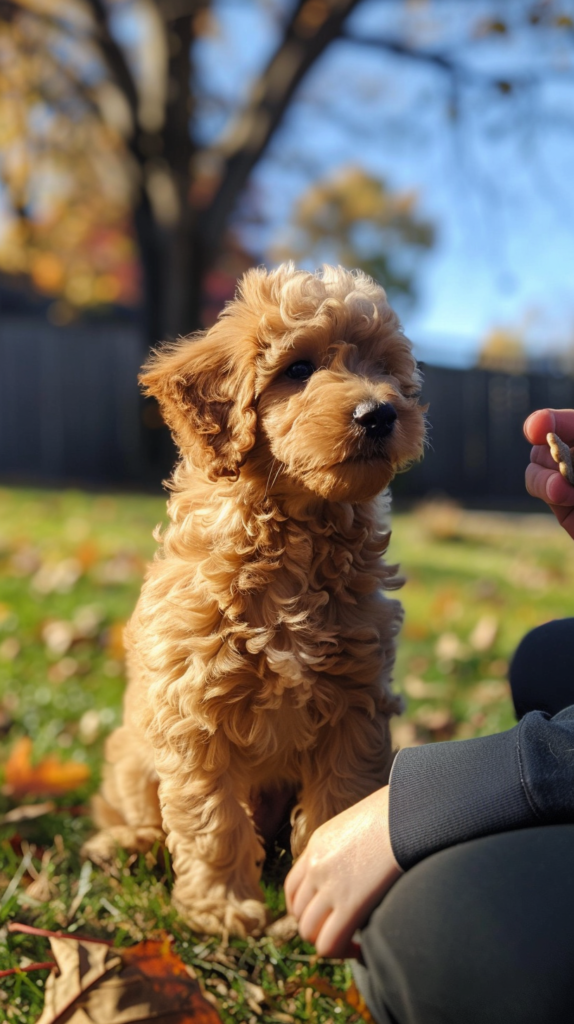
Early training helps establish good habits and socialization skills, making it easier to manage your dog as they grow.
2. Use Positive Reinforcement
Poodles respond exceptionally well to positive reinforcement. Reward your dog with treats, praise, and affection when they perform desired behaviors.
🍲 50 Printable Dog Food Recipes Your Pup Will Love
Skip the fillers and preservatives. Make healthy, homemade meals your dog will actually eat — using everyday ingredients you already trust. Vet-friendly, budget-friendly, and super easy to follow. 🐾
Perfect for picky eaters, senior dogs, and pups with sensitive stomachs. Make mealtime simple and nutritious again.
Get the Recipes Now 🐶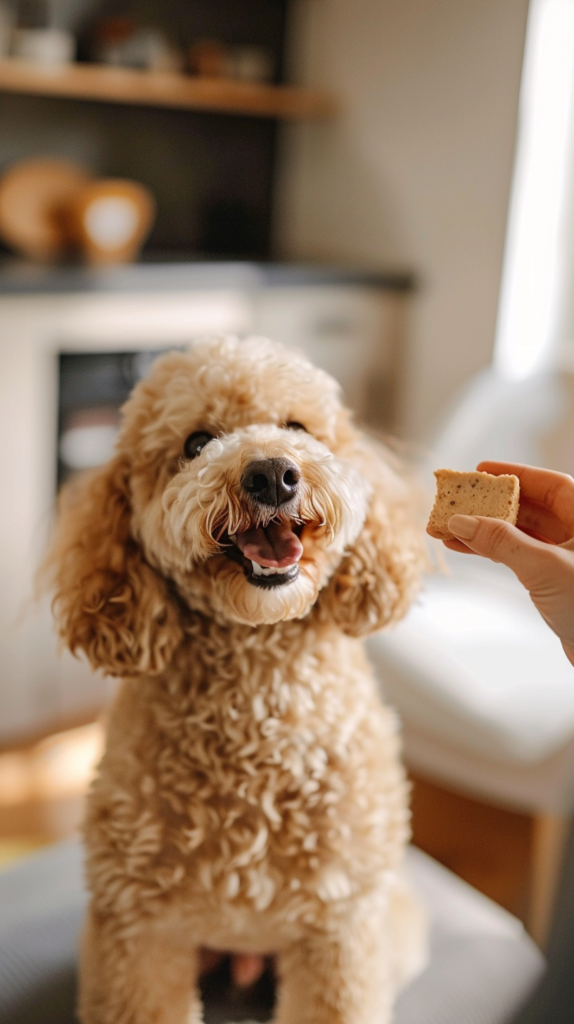
This method encourages them to repeat those behaviors and builds a trusting relationship between you and your dog.
3. Be Consistent
Consistency is key in dog training. Ensure that everyone in your household uses the same commands and rules. Inconsistency can confuse your Poodle and hinder their learning process.
Stick to a routine, and your dog will understand what is expected of them.
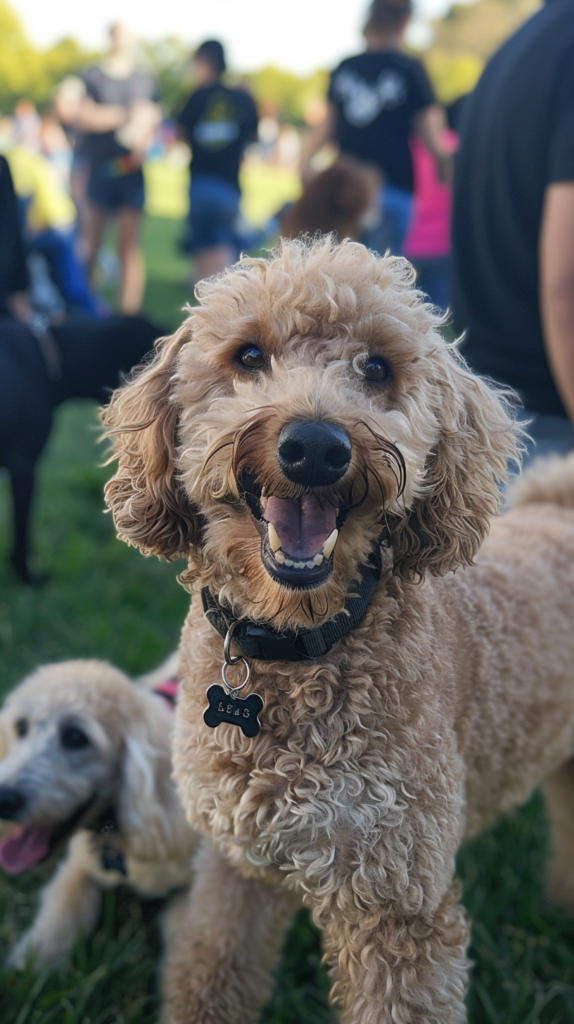
4. Socialize Your Poodle
Socialization is crucial for Poodles to become well-adjusted adults. Expose your dog to different people, environments, and other animals from an early age.
This helps them become confident and reduces the likelihood of fear or aggression.

5. Teach Basic Commands First
Start with basic commands like sit, stay, come, and down. These commands form the foundation for more advanced training.
Use clear, concise commands and reward your Poodle for obeying them. These basics are essential for good behavior both at home and in public.

6. Exercise Regularly
Poodles are energetic dogs that require regular exercise. Ensure your dog gets plenty of physical activity to burn off excess energy.
A well-exercised Poodle is more likely to focus during training sessions and less likely to develop destructive behaviors.
7. Keep Training Sessions Short and Fun
Poodles are intelligent but can also get bored easily. Keep training sessions short, around 10-15 minutes, and make them fun.
Use a variety of exercises and games to keep your dog engaged. End on a positive note to keep them looking forward to the next session.
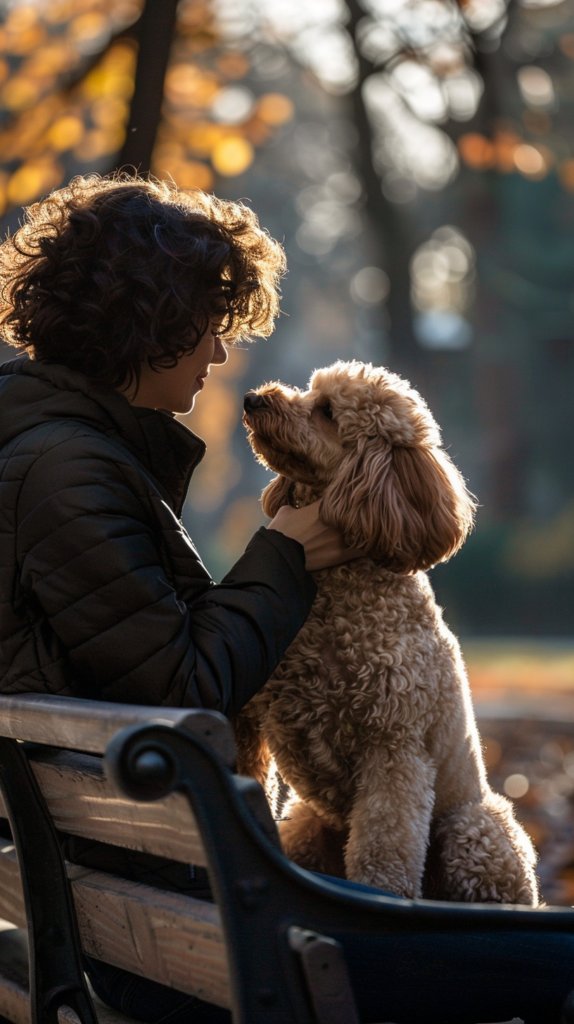
8. Use Crate Training
Crate training can be highly effective for Poodles. A crate provides a safe and secure space for your dog and can aid in house training.
Ensure the crate is comfortable and introduce it gradually to create a positive association.
9. Address Behavioral Issues Early
If your Poodle exhibits undesirable behaviors, address them early. Nip problems in the bud before they become ingrained habits.
Use positive reinforcement to encourage good behavior and redirect negative behaviors with consistent training.

10. Seek Professional Help If Needed
If you’re struggling with training your Poodle, don’t hesitate to seek professional help. Professional trainers can provide personalized guidance and address specific issues.
Sometimes, an expert’s touch is needed to ensure successful training.
FAQ
1. What age should I start training my Poodle?
Start training as soon as you bring your puppy home, typically around 8 weeks old. Early training helps establish good habits and socialization skills.
2. How often should I train my Poodle?
Train your Poodle daily in short sessions of 10-15 minutes. Consistent, regular training is more effective than occasional long sessions.
3. What type of reinforcement works best with Poodles?
Positive reinforcement works best. Reward your Poodle with treats, praise, and affection for desired behaviors to encourage repetition.
4. How much exercise does a Poodle need?
Poodles need regular exercise. Ensure your dog gets plenty of physical activity, such as walks, playtime, and mental stimulation.
5. Can I train my Poodle on my own, or do I need a professional trainer?
While many owners successfully train their Poodles on their own, professional trainers can provide personalized guidance and address specific issues. Seek help if you encounter difficulties.
Final Thoughts
Training a Poodle can be a rewarding experience when done correctly. By starting early, using positive reinforcement, and maintaining consistency, you can help your Poodle become a well-behaved and loyal companion.
Remember to keep training sessions fun and engaging, and don’t hesitate to seek professional help if needed.
With the right approach, your Poodle will thrive and become a wonderful addition to your family. Enjoy the journey and celebrate the progress, no matter how small!
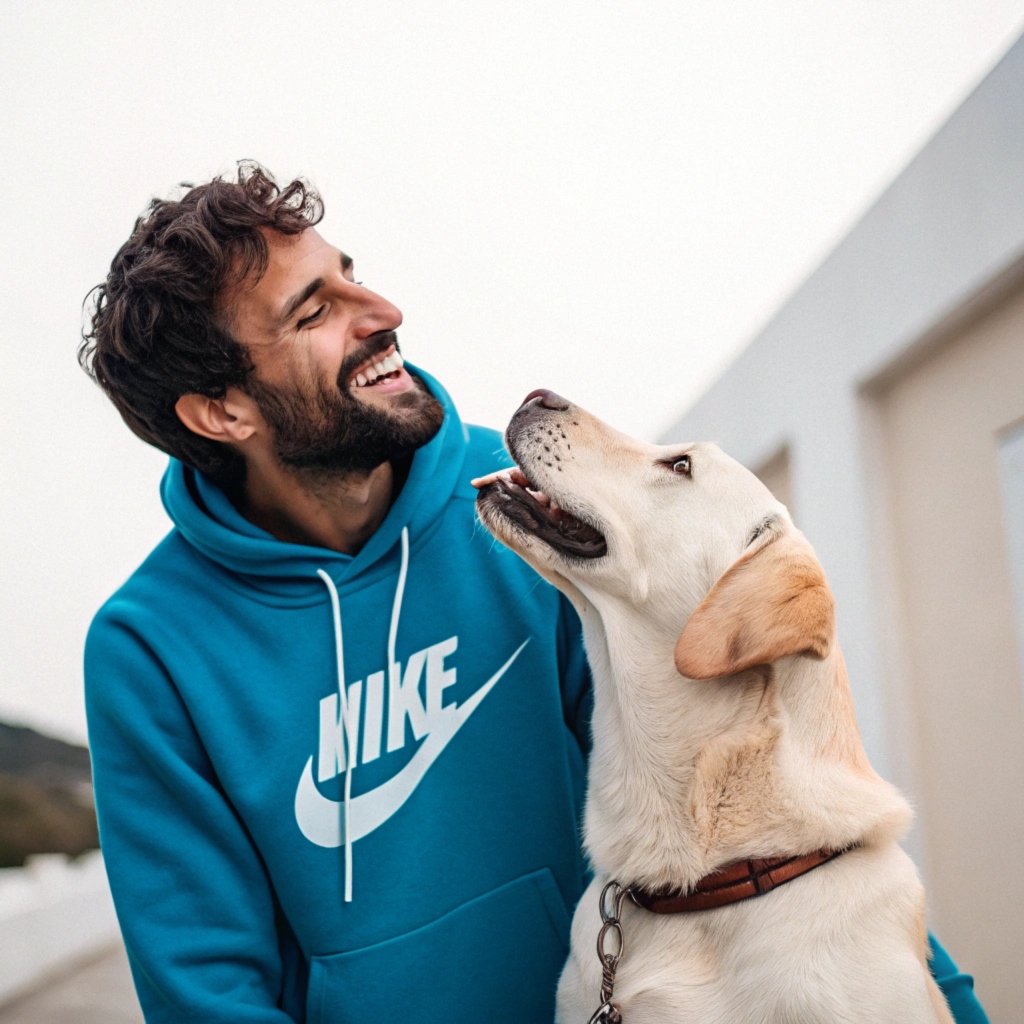
I’ve spent 10+ years in dog training, digging into what makes dogs (and their humans) tick. At Smart Dog Learning, I share my no-nonsense, fun approach to training so you can enjoy life with a well-behaved, happy pup—no boring lectures, just practical results 😉

